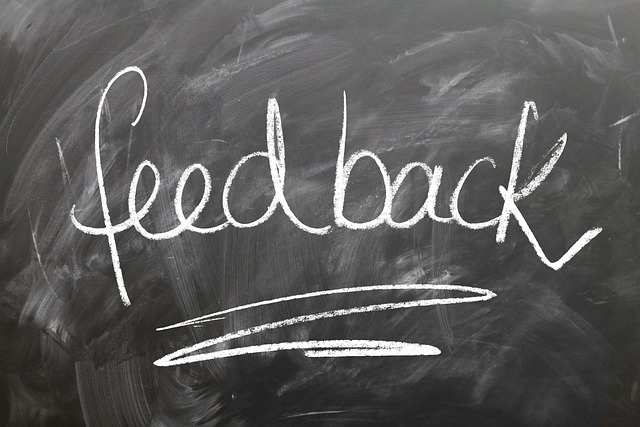Understanding Social Feedback in the Age of Social Media
In our hyper-connected world, social media influences nearly every aspect of our lives, from our daily routines to our most profound decisions. One of the more insidious ways social media shapes our experiences is through the concept of social feedback—the reactions, likes, comments, and shares that we receive from our peers and the online community. This form of feedback can have a considerable impact, especially when it comes to addiction.
The Ripple Effect of Social Media Impact
Imagine posting a photo or an update about your day, hoping to connect with family or friends. The rush of receiving likes or comments can be exhilarating, providing an instant boost of validation. However, this positive feedback can quickly morph into something darker. For individuals struggling with addiction, the need for social approval can become a driving force behind unhealthy behaviors. The constant craving for likes and attention can lead to a cycle of dependency on social media—just as with substances or behaviors often associated with addiction.
The Dual Nature of Social Feedback
On one hand, social media can create communities of support for those battling addiction—sharing stories, encouraging others, and celebrating milestones. On the other hand, it can perpetuate self-destructive patterns. For instance, a person trying to recover from addiction might find themselves drawn back into a cycle of substance use after seeing friends glamorizing party lifestyles online. The pressure to conform, coupled with the compelling nature of visual and textual social feedback, can derail even the best intentions.
Awareness and Reflection: Navigating the Social Media Landscape
Understanding the impact of social feedback on addiction starts with awareness. It’s crucial to recognize how your platform of choice—whether Instagram, Facebook, Twitter, or TikTok—affects your perspective and emotional state. Are you using social media to build connections and find support? Or are you seeking validation through likes, which fills a void in your life? Being honest with yourself is essential in navigating this digital landscape.
Creating Healthy Boundaries
For many, setting boundaries around social media use can lead to a more balanced relationship with it. Limiting the time spent scrolling, unfollowing accounts that promote toxic behaviors, or curating your feed to include uplifting and supportive content can significantly improve your mental well-being. Additionally, sharing your struggles with a trusted friend or support group can help mitigate the isolating aspects of addiction often exacerbated by social media.
Harnessing Social Media for Good
Ultimately, social media doesn’t have to be an enemy in the battle against addiction. It can serve as a powerful tool for connection and community support. By fostering encouraging environments and celebrating achievements—not just of recovery but also of personal growth—social media can help in creating a more positive influence. Engaging with content that reinforces healthy behaviors and forming connections with individuals who share similar struggles can lead to positive transformations in one’s life.
Recognizing the nuance of social feedback is crucial in understanding its role in addiction. The power it holds can lead to both healing and harm, depending on how we choose to engage. As we navigate this ever-evolving digital world, let’s strive to use it as a platform for empowerment rather than a source of dependency.



